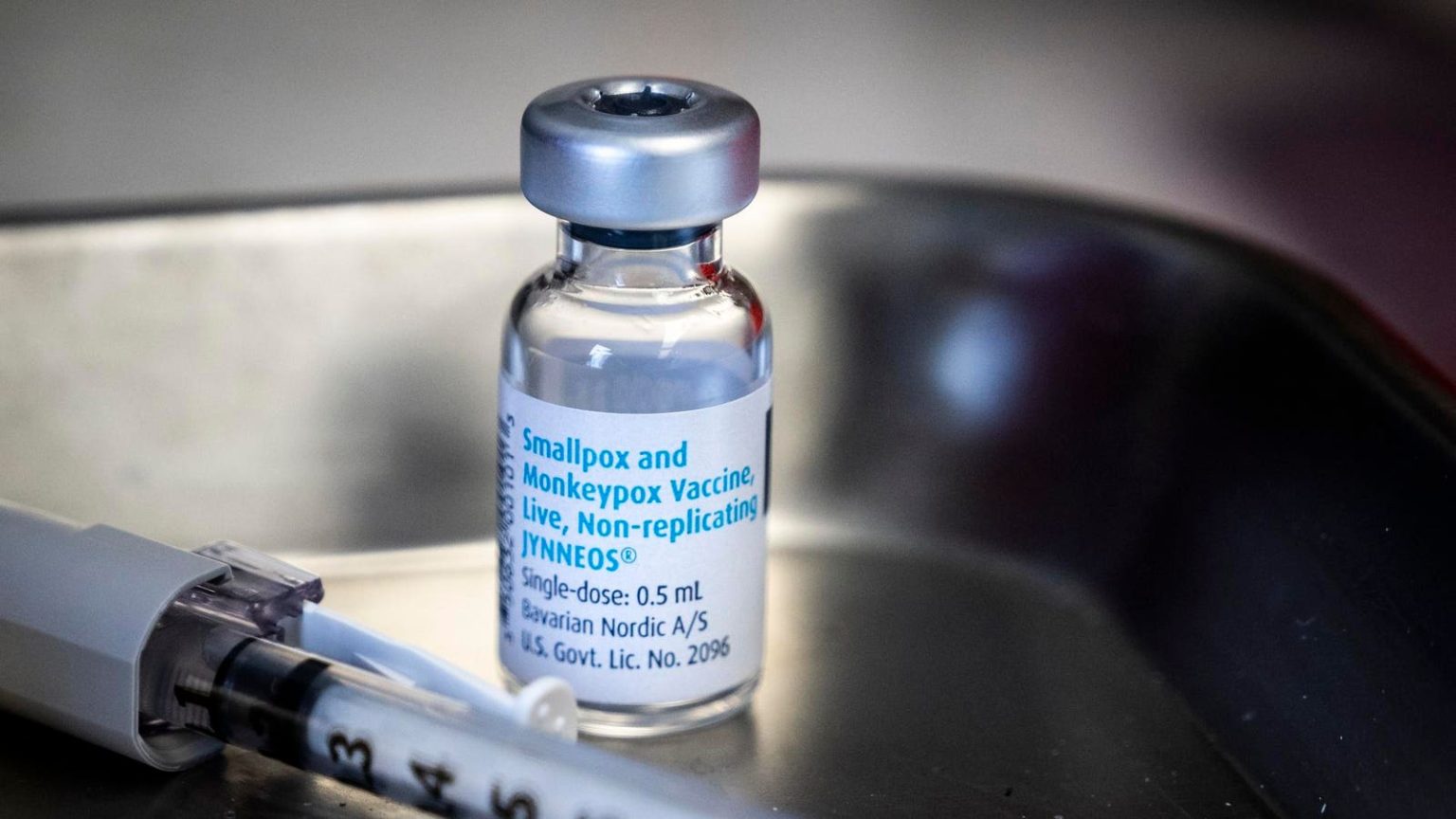A deadlier strain of the mpox virus has been spreading in the Democratic Republic of the Congo (DRC) over the past year, presenting a potential global threat if the virus is able to leave the African country and spread worldwide, the Centers for Disease Control and Prevention (CDC) warned on Thursday. The increase in cases involving the more lethal strain of the virus—known as Clade I—has raised concerns about the possibility of the virus spreading to other countries, prompting the CDC to call for urgent and coordinated global action to contain it. This strain of the virus causes more severe illness and results in a higher death rate compared to the less lethal Clade II virus that caused a global outbreak in 2022.
Since 2023, the DRC has reported an “unprecedented number” of suspected Clade I virus cases, with the CDC also warning of cases in surrounding Central African countries. The virus primarily spreads through interactions with infected animals or close contact with infected people, with evidence suggesting that Clade I is now being primarily spread among adults through sexual contact. While most suspected cases of Clade I in the DRC are in children under 15, children in the U.S. are less likely to become infected and are less vulnerable to the virus due to factors such as household size and access to cleaning and hygiene resources. The global outbreak in 2022 primarily affected gay and bisexual men and other men who have sex with men, but Clade I has been reported among various groups in the DRC.
The CDC reported that 19,919 suspected cases of the Clade I virus have been reported in the DRC between January 1, 2023, and April 14, 2024, with 975 resulting in death. A Canadian-led research team discovered a new form of the virus, known as Clade Ib, with mutations that allow it to spread more efficiently among humans. This mutated virus has been spreading in the DRC since September, and countries affected by Clade Ib lack tests that can accurately detect the strain, leading to diagnosis based on symptoms alone. The discovery of Clade Ib has prompted calls for swift action from international health organizations to prevent another global mpox outbreak.
Mpox, originally known as monkeypox, has caused sporadic outbreaks in African regions for decades, with limited cases outside of the continent. The virus is related to smallpox and shares similar symptoms, such as fever, swollen lymph nodes, and rash. Most cases are not severe and rarely result in death, but some individuals, such as those with weakened immune systems or young children, are at a higher risk of severe cases. Mpox has been found in various mammals in Central and West Africa since 1958, with the first human case recorded in 1970. Concern about mpox outbreaks in the U.S. had lessened in recent years until the 2022 global outbreak, which led to renewed worries about the spread of the virus.
In response to an uptick in Clade II virus cases in New York City, the Department of Health and Mental Hygiene issued a health advisory warning of the increase since October. Most cases involved unvaccinated individuals or those who had only received one dose, with only 10 people requiring hospitalization. The CDC has advised mpox shots for routine prevention among at-risk adults, emphasizing the importance of vaccination in controlling the spread of the virus. The potential for a new global spread of the more lethal Clade I virus underscores the urgency for coordinated efforts to contain and prevent further transmission of the virus.


